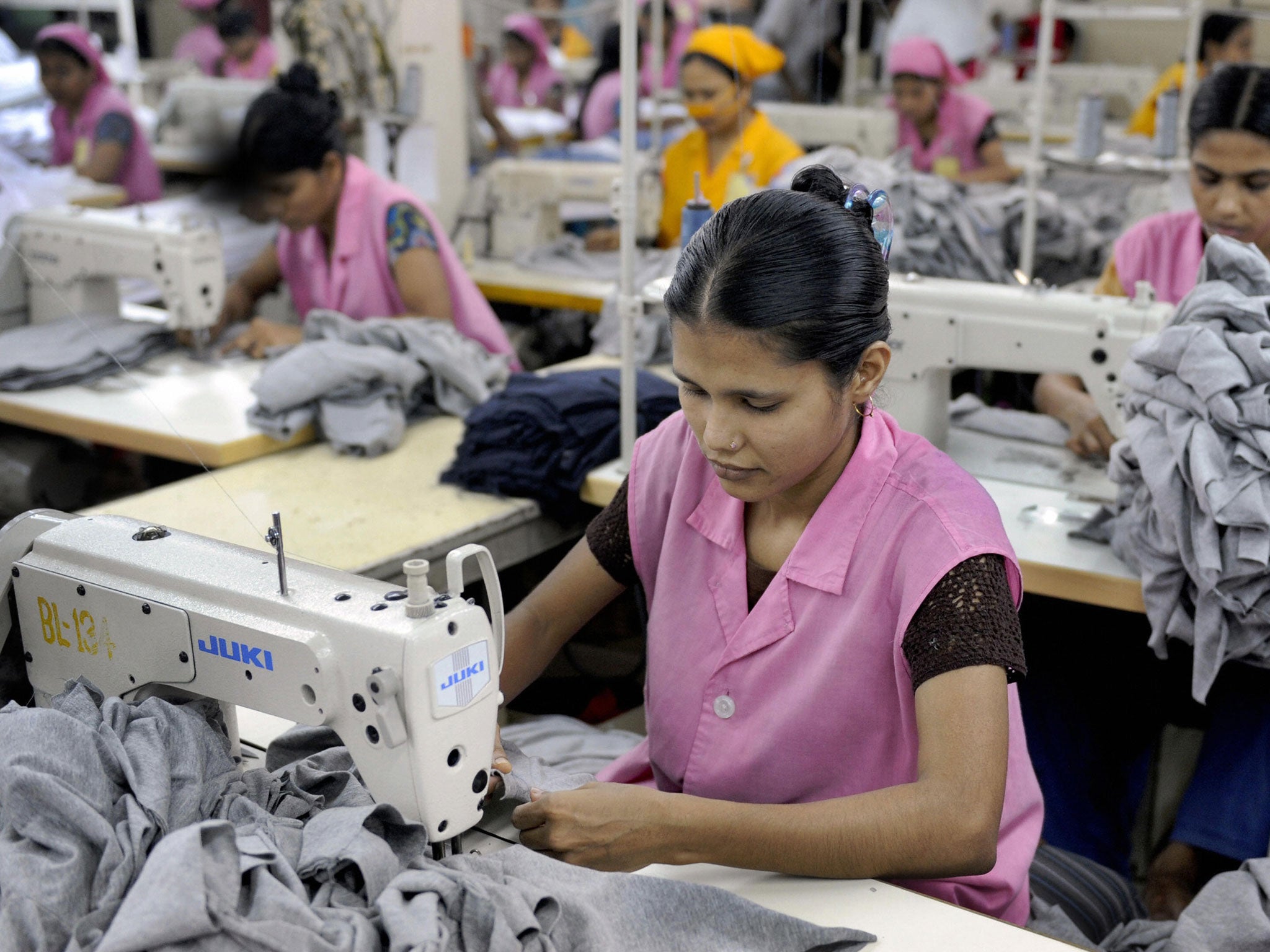Bangladesh Alliance is funding clothing factories to boost safety standards
Following the tragedy of Rana Plaza building collapse, global retailers join forces to improve the workers' environment

There is good news for the Bangladeshi factory workers; the Alliance for Bangladesh Worker Safety is set to provide financing to all clothing factories to set a safer working environment and avoid further deadly accidents like the 2013 Rana Plaza building collapse.
The Alliance, which was founded by American retailer Walmart and comprises 26 global retailers, including fashion giants Gap and Target, aims to help out more than 700 factories that produce low-cost ready-made garments for brands such as Primark, Monsoon Accessorize, Benetton and Mango.
According to WWD, it “will” encourage banks to provide loans to member factories to assist them in complying new fire, building and electrical standards so workers can do their job in a safe environment.
“Our goal is to create a credit facility of $20 million to $35 million via five local banks,” the Alliance said in a report released yesterday. “Although this facility is still in the start-up phase, it represents an important breakthrough in providing access to affordable financing.”
This initiative comes after Bangladesh’s Rana Plaza building collapsed in April 2013, killing more than 1,130 people, leaving more than 2,000 injured and about 800 children orphaned, being one of the world’s worst industrial accidents, setting a raft of changes within the industry.
The Alliance has committed to train factories on a workers helpline, which is set to be available across all factories by July 2016 and through which employers can report problems and risks, as well as to provide banks with technical assistance on the remediation progress, promising to cover their administrative and start-up costs.
Subscribe to Independent Premium to bookmark this article
Want to bookmark your favourite articles and stories to read or reference later? Start your Independent Premium subscription today.

Join our commenting forum
Join thought-provoking conversations, follow other Independent readers and see their replies